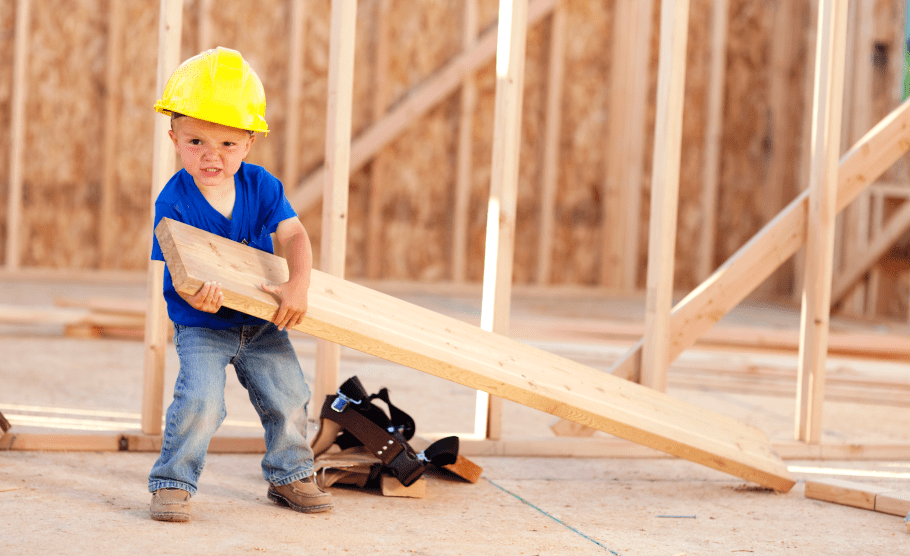
Getty
To exist as a parent on Instagram is to regularly stumble across different approaches to child-rearing. These are, on the surface at least, sophisticated-sounding philosophies that signal how you and a child relate to one another, and perhaps most critically, what level of control a parent should deploy in the process. Each has its fierce adherents and detractors; attempts to identify with one or another are often vertiginous experiences that can leave you feeling incompetent.
But as in most realms of parenting, what shines on social media is often botched in real life. I tried to remember this and extend some level of grace when a woman at my local playspace, moments after her son aggressively snatched a toy truck from my toddler, got on her hands and knees to tell her son, “I know you really want that toy and I love that. I do. But he’s a little guy. We have to be nice to little guys.” The woman then turned to an acquaintance and muttered something about being a Respectful Parent, whatever that meant, while her son walked away with the toy truck that my kid had been playing with seconds before. My son didn’t seem to care about the toy though, instead focusing on what the woman had just said.
I hadn’t heard of Respectful Parenting but I didn’t need to in order to guess its basic contours; any other in-vogue parenting style could have replaced it. What struck me more, however, was the public labeling of my son—to this woman, a stranger—and the lack of respect inherent in describing a person’s physical attributes to their face. In my son’s case, it was the term “little,” and it was used with good intention, I think. But watching my child, who is at the age where he loves calling himself a “big boy” despite what the growth charts say, take in the label was no small thing—and I struggled to understand why the qualifier was necessary to teach good behavior. Would taking a toy have been acceptable had it been a larger child? Doesn’t such instruction, which reeks of traditional ideas of masculinity, place a misguided sympathy on smaller kids? In a parenting era of respectability and gentleness, these comments feel out of step and frankly, obnoxious.
And the trouble extends far beyond cringe. Red-shirting, the practice of delaying entry into kindergarten, is now commonplace. Yet, despite its increasing popularity, there’s little consensus over its benefits: Our pediatrician advises against it; some studies stress its pitfalls. Others have expressed horror that I’m weighing the option because of the privilege it takes to consider it in the first place (after all, it usually involves the ability to pay for another year of private child care). That’s fair, and I judge myself for caving to bad ideas about masculinity. But dumb comments from strangers, and even family and friends—as well as my son’s increasing awareness of them—have me stuck in the inferiority our society places on individuals, but especially boys, who aren’t physically as big as others.
As I left the playspace, a sudden anxiety fell over me. Wait, am I the one who sucks? After all, this was a dumb exchange at a goddamn playspace. Should “big boy toddlers” warrant this much mental space? Maybe my son hadn’t noticed the “small” comment after all and now I’ve projected my own insecurities onto the poor kid, guaranteeing him a future of insecurities. Will he find this stupid post years later and use it as evidence that I’ve ruined him? Now, what style of parenting is that?










